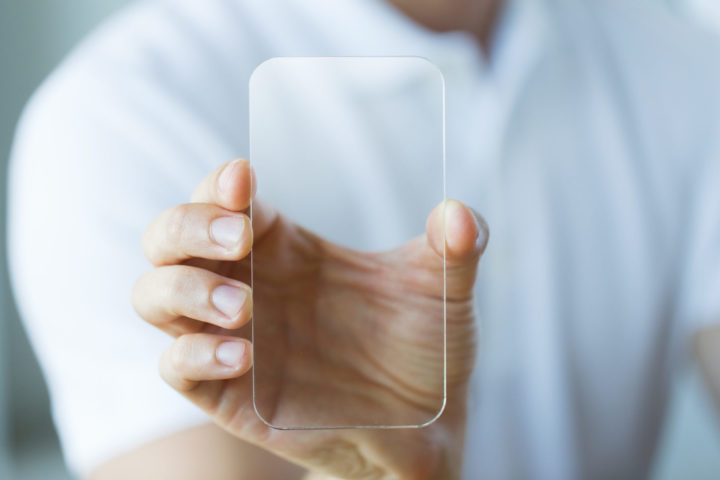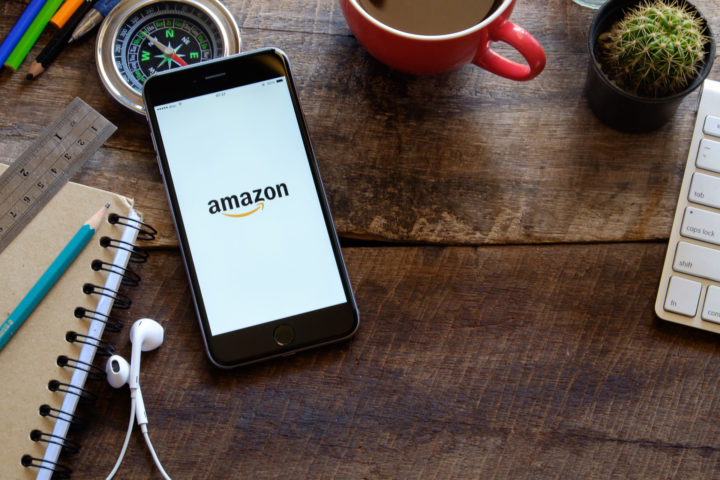Like everything else in the CBD industry, good information on drug interactions is hard to come by and current scientific evidence is lagging. However, the anecdotal evidence of CDB’s wide-ranging health benefits is overwhelming and cannot be ignored. At Lifegiving Botanicals, we respect the voice of scientific validation, but the millions of patients experiencing astonishing health benefits must also be respected. There are some assumptions we can make which may clear the fog and shed some light on the CBD world, but there is a scarcity of data to give consumers hard data upon which to rely. As an experienced pharmacist who has counseled hundreds of patients about CBD, my aim is to offer guidance on how to choose which products are best for you and in which strengths. I will attempt to offer my best advice, however, as the consumer, much of your CBD usage will be trial and error. I’ll do my best to shed some light about drug interactions with CBD, but I strongly urge you to consult with your doctor before beginning this, or any therapy.
Let’s dive right in and tackle this critically important topic!
Overview
There are two parts to this article that will give you some clarity. The first part of this article is taking a close look at Epidiolex, which is an FDA approved prescription form of CBD isolate (just CBD). In the second part I will discuss how the body metabolizes CBD in the liver. Once we have an understanding of the enzymes that are activated, we can study other drugs that follow a similar pathway that may be affected in a negative way.
Epidiolex has an indication to treat rare seizures in children and was approved in June 2018. There has been some clinical work done on this drug which is available to us as well, and we will do our best to interpret this correctly.
Before moving forward, let’s recap what we know, or don’t know, in this case. The FDA is the main governing body when it comes to approving prescription and over the counter (OTC) medications. The FDA has been called the “Watchdog of the World” for their rigorous review process and requirements for clinical data before approving any kind of medication for any disease state. As of today, the FDA has not approved CBD to treat any diseases, conditions or symptoms.
Even though there is insufficient clinical data, the CBD craze has caught America by storm. While the FDA is sanctioning manufacturers who make unfounded claims about CBD, they have yet to weigh in on such critical matters as dosing and manufacturing. It is Caveat Emptor (“the principle that the buyer alone is responsible for checking the quality and suitability of goods before a purchase is made”) in the marketplace right now. Make sure you read my What is CBD? post which goes into more detail about how to choose a reputable manufacturer. I also have a custom dosing guide (available upon request) that will help you navigate the confusing hallways of the CBD world and find the right product. Be sure to set your navigational device to Lifegiving Botanicals for your optimal health and nutrition!
On to topic #1, Epidiolex
Epidiolex is approved for the treatment of seizures associated with Lennox-Gestaut Syndrome or Dravet Syndrome in children. For an example of how this drug is changing the lives of children, click on this link to read their story: https://www.epidiolex.com/patient-stories. What I am most interested in are the studies conducted in order to bring this drug to market. Let’s see what we can glean from these reports. The most common side effects of Epidiolex listed are sleepiness, decreased appetite, diarrhea, increase in liver enzymes, feeling tired and weak, rashes, sleep problems and infections. GW Pharmaceuticals (GWP) is the manufacturer of this medication and they have conducted clinical trials on CBD before launching in 2016. These trials have shown that CBD has many pro-health effects but they were only focused on epilepsy and children, so nothing more was done to shed light in this area.
When talking reading about Epidiolex, GWP states uncertainty with understanding the process with how CBD works, but they were able to prove to the FDA that their CBD isolate helps their patients with epilepsy. This refrain of “We know what drug-X does but we are not sure how it does it” is not all that uncommon with other prescription drugs. Some theories postulated by the manufacturer include:
• Neuronal inhibition – quiets down the nerve cells that often fire off in seizures.
• Modulation of intracellular calcium – helps keep the body balanced. Cellular stress responses often involve the elevation of cystolic (cellular) calcium levels, so CBD may help reduce the severity of damage thru maintaining homeostasis in the cells.
• Decreasing metabolism of adenosine levels – adenosine is an inhibitory neurotransmitter which may help stabilize neurons during a seizure.
Stated guidelines for dosing are quite high, which makes sense from the listed side effects. Additionally, the aggressive dosing is consistent with my belief that the worse the symptoms, the more CBD needs to be taken. The recommended daily dose of Epidiolex is about 20-30 times higher than what you would normally see in most adults. Remember, there is no set dosing chart, but most adults land between 1-2mg CBD/10 pounds weight and Epidiolex is 10mg/kg. For example, a 160 pound adult would start somewhere between 16-32 mg per day of CBD, and on Epidiolex he/she would take 720mg per day.
The product insert for Epidiolex does mention elevated liver enzymes as one of the major side effects. We do know that CBD/Epidiolex is highly metabolized by the liver, so it’s reasonable to look for signs of damage to this organ. Fatigue, somnolence and sleep disturbances were also listed as more significant than the placebo.
The issue of liver enzyme metabolism leads us to the topic for discussion point #2:
GWP found that CBD is metabolized by liver enzymes CYP3A4 (very common) and CYP2C19. CBD does not seem to have a strong affinity for these enzymes, which could be good news for future drug interactions. However, if you are taking medications that are strong inducers of this particular enzyme then you may have problems with increased side effects or less potency for your prescription drug.
GWP also observed increased levels of drugs such as theophylline, caffeine, bupropion, diflunisal, propofol, fenofibrate, diazepam, clobazam, gemfibrozil, lorazepam, morphine, phenytoin and lamotrigine when taken with Epidiolex. Since Epidiolex does appear to increase the potency of the listed medications above, the manufacturer recommended reducing the amount taken while on their medication and consulting your physician.
Conclusion
Drug interactions are a complicated and critical topic and must be approached with caution. Every patient responds in a unique way to the effects of CBD and each patient may report different effects on their body. This article is not meant to be a definitive guide or a recommendation that should in any manner supplant the advice of your medical provider. The primary goal of this article and the attached spreadsheet is to emphasize the importance of consulting your healthcare provider regarding CBD and its effects on other medications. If a medication is listed on the spreadsheet as a possible drug interaction, it means there is a potential for adverse reactions but doesn’t necessarily mean there is one.
At Lifegiving Botanicals, we are committed to providing an educational environment and experience that offers reliable, relevant content and insight, supported by the highest quality products and state of the art processes. With our Ask Your Pharmacist blog, we provide cutting-edge information about CBD and its effects. We believe that providing our customers concise and up-to-date education about CBD and our products sets us apart from other CBD companies. When you trust Lifegiving Botanicals, you can be confident that you will have the information you need to make the best decision possible for your CBD usage.
Lifegiving Botanicals produces only the highest quality, broad-spectrum products, manufactured with the highest industry standards. Our products are produced in the most natural growing environment possible, thus respecting the environment. Unlike many CBD products, ours actually taste great! We at Lifegiving Botanicals are committed to ensuring our customers feel part of our family, knowing they will be cared for and supported in their individual healthcare journeys.
Make sure to sign up on our website and we will keep you informed about industry news and provide updates on how to continue to optimize CBD therapy. We will not disseminate your information outside of Lifegiving Botanicals. Once we receive your information, you will also gain access to my exclusive dosing chart and CBD FAQ document. Let me be your personal corner drugstore pharmacist and CBD guide. You are in good hands as you travel the road to great CBD knowledge and understanding.
The views in this document are expressly the opinion of Sean Gale RPh, and are not meant to treat, diagnose, prevent or cure any disease states or medical conditions. Please consult your physician before beginning any CBD therapy. These statements have not been evaluated by the FDA. Buyer is to consume CBD at their own risk. You may contact me directly at [email protected] if you have any questions.



